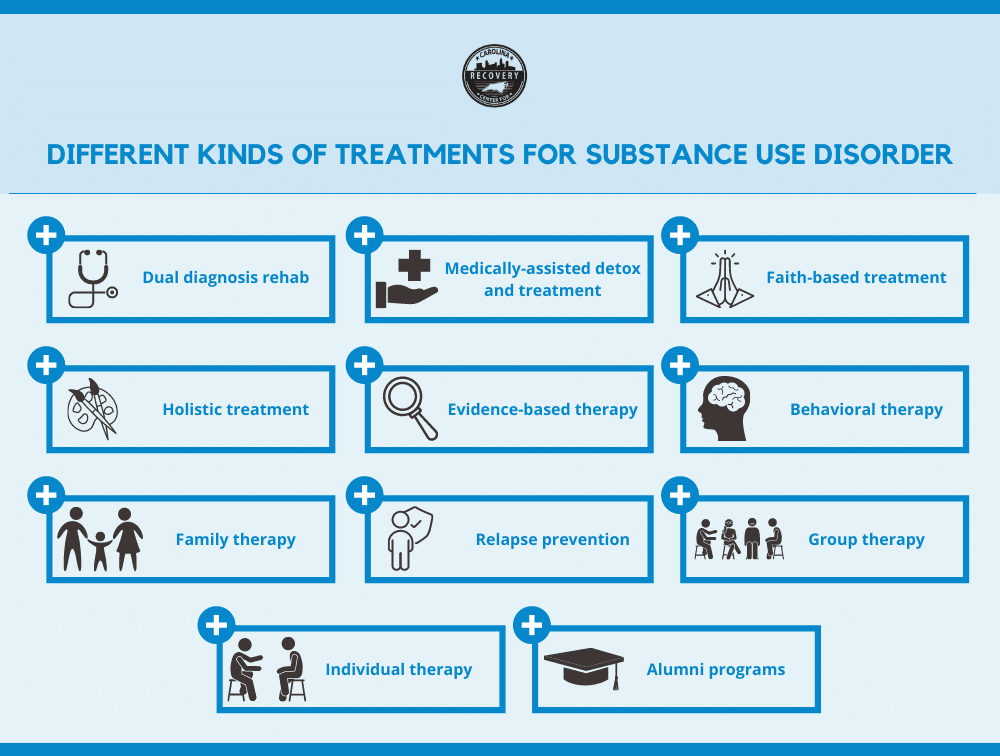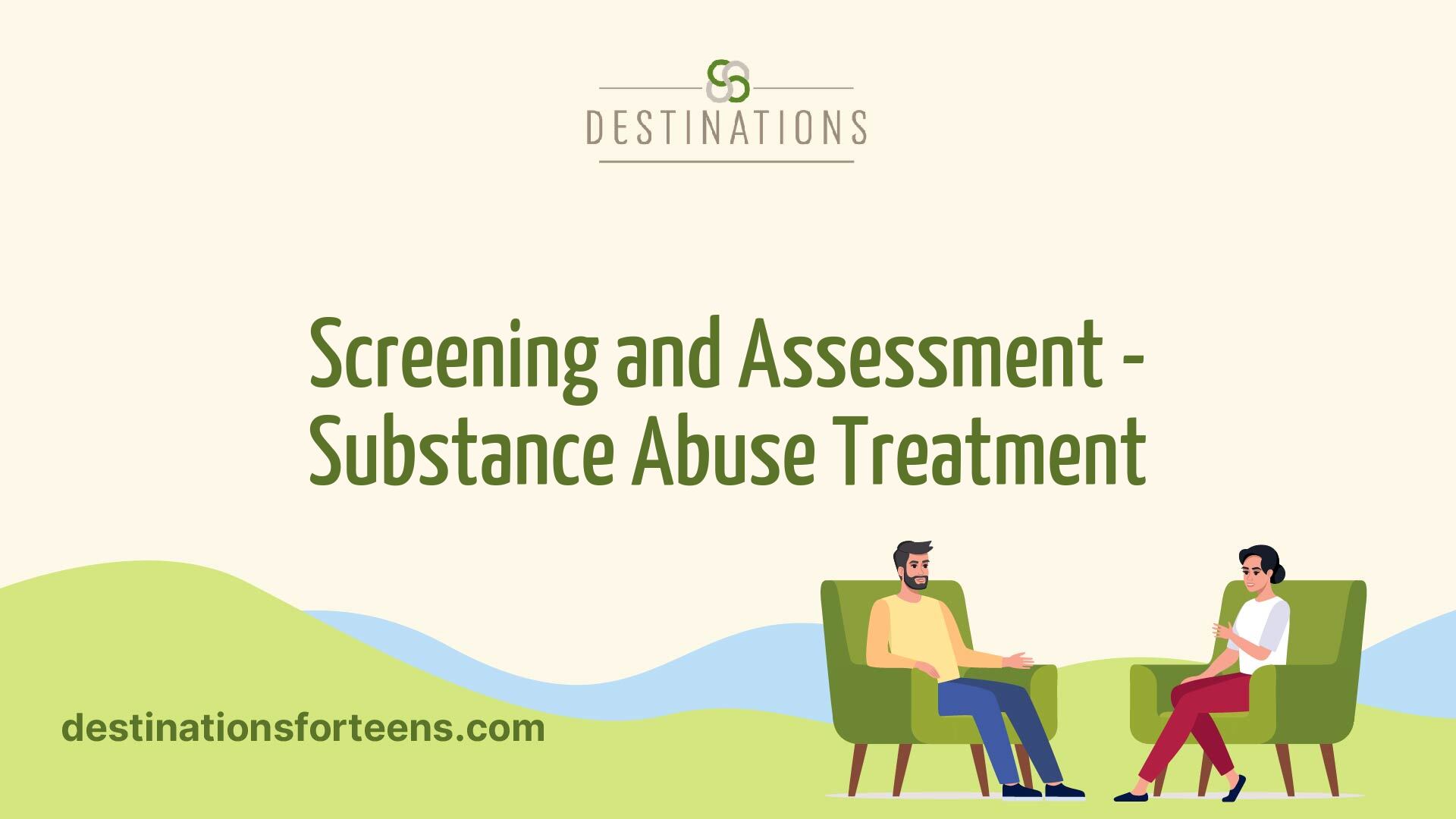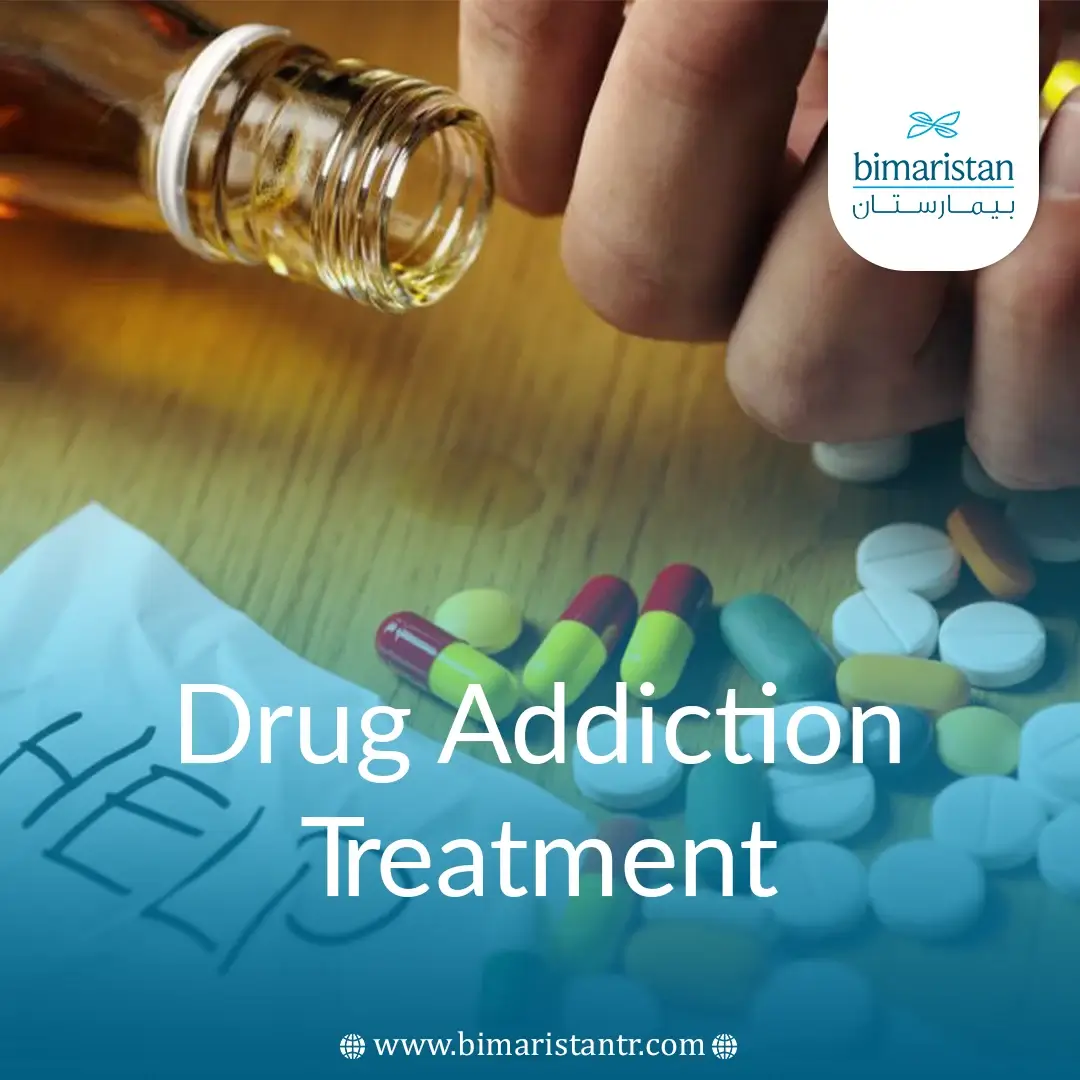Exploring dual diagnosis rehab NJ and its holistic approach
Wiki Article
A Comprehensive Overview to Substance Abuse Rehab
Substance Abuse rehabilitation, typically described as rehabilitation, is an organized procedure designed to assist individuals get rid of reliance on drugs, alcohol, or other addicting materials. It is not simply about cleansing-- it is a journey of psychological, psychological, and physical improvement. Rehab centers offer secure settings where people can confront the origin of their dependency, address emotional triggers, and learn dealing systems to sustain long-term sobriety. This procedure is directed by skilled experts, including therapists, medical physicians, and therapists that comprehend the complicated nature of dependency as both a physical and behavioral problem.Comprehending the Core of Substance Abuse Abuse Rehab
At its core, rehabilitation is regarding restoring a person's life. Dependency usually leaves behind deep scars-- strained relationships, monetary distress, illness, and mental illness. Via extensive rehabilitation programs, people are given the devices to fix these elements slowly. Rehab isn't nearly avoiding substances; it has to do with recovering control and finding one's feeling of self-worth. The programs emphasize structure, uniformity, and individual liability, which are vital to long-lasting recuperation success. Every tiny milestone throughout rehab works as a structure for lasting soberness.Moreover, Substance Abuse recovery is not a one-size-fits-all approach. It recognizes that everyone's addiction story is one-of-a-kind-- what caused Substance Abuse misuse, how it advanced, and how recuperation can be continual differ extensively. Therefore, therapy centers tailor treatment plans based upon individual evaluations, guaranteeing that every individual receives support that lines up with their mental state, addiction history, and life situations. This individualized method substantially improves recuperation results and helps prevent regression once individuals rehabilitate into daily life.
The Advantages of Inpatient Rehab Programs
Inpatient rehab, also called property therapy, uses one of the most reliable techniques for those battling serious Substance Abuse dependency. Among its key advantages is the organized and distraction-free environment. When an individual goes into an inpatient center, they are temporarily eliminated from external triggers-- such as close friends who utilize compounds, stressful work environments, or family problems-- that may prevent their healing. This seclusion from adverse impacts allows individuals to focus entirely on recovery. Living within a monitored and helpful setting creates the stability required to break old habits and develop healthier patterns of behavior.Another major advantage of inpatient rehab is the 24/7 professional guidance available to each individual. Withdrawal symptoms from medicines or alcohol can be uncertain and, sometimes, life-threatening. Inpatient centers have clinical groups that provide day-and-night care, ensuring individuals are safe and comfy throughout detoxing. Beyond physical health and wellness, constant supervision additionally provides emotional confidence-- people know that aid is available any time, which decreases stress and anxiety and constructs trust fund in the healing procedure. This prompt accessibility to clinical and mental support dramatically improves the success price compared to outpatient take care of serious dependencies.
Inpatient rehabilitation programs foster a strong sense of neighborhood and responsibility. Individuals interact with others who share similar battles, join team therapy, and involve in activities that encourage teamwork and compassion. This atmosphere supports mutual understanding and lowers feelings of isolation commonly related to dependency. By getting in touch with peers and learning from their experiences, individuals establish social bonds that proceed to support them also after leaving the center. This feeling of belonging, combined with consistent specialist guidance, makes inpatient rehabilitation a highly reliable foundation for lasting healing.
Inpatient Rehabilitation Services Used
Inpatient rehabilitation facilities use a diverse variety of services created to treat the body, mind, and spirit simultaneously. The initial stage normally involves clinical detoxing, a procedure that securely eliminates substances from the body while managing withdrawal signs and symptoms. Detox is managed by physician who may carry out medication to relieve pain and protect against difficulties. When detox is total, people transition to structured everyday programs that consist of treatment, therapy, and wellness activities. This integrated method makes certain that individuals not just overcome physical dependancy but likewise address psychological and emotional elements of dependency.Healing services go to the heart of inpatient rehab. Facilities deal person therapy sessions, where clients function one-on-one with licensed therapists to reveal the underlying root causes of their dependency-- such as trauma, mental health problems, or unsolved psychological pain. Cognitive-behavioral treatment (CBT), dialectical behavior modification (DBT), and motivational interviewing are amongst one of the most typical evidence-based approaches used. In addition, group therapy sessions give a helpful room for individuals to share experiences, gain point of view, and create interpersonal abilities. Family members treatment is additionally often included, assisting to restore count on and improve communication in between people and their enjoyed ones.
Past traditional therapy, several inpatient programs include recreational and all natural solutions to promote total health - Inpatient rehab. Yoga exercise, reflection, art therapy, and fitness programs help reduce stress and anxiety and show mindfulness. Nutritional therapy makes certain that clients reconstruct physical health and wellness, as Substance Abuse typically depletes the body's important nutrients. Some rehabilitation centers also offer occupation training and instructional workshops to assist people prepare for reintegration right into society. These diverse solutions are made to heal the entire individual-- not just treat dependency signs-- by cultivating durability, balance, and function
Why You Have To Think About Outpatient Programs
While inpatient rehabilitation provides an immersive and extensive strategy, outpatient programs provide an option that permits flexibility for people who can not dedicate to full-time residential treatment. Outpatient rehab enables people to get structured treatment and clinical support while keeping their daily responsibilities-- such as institution, work, or household treatment. For several people with mild to moderate dependency, outpatient therapy uses the best equilibrium in between recovery and day-to-day life. It permits people to practice the coping skills they find out in real-world atmospheres, enhancing their durability despite everyday obstacles.An additional factor to think about outpatient programs is their cost-effectiveness. Inpatient care can be pricey due to accommodation, dishes, and 24-hour guidance, which may not be monetarily viable for everyone. Outpatient programs, nevertheless, generally cost less due to the fact that they do not call for residential stays. Several facilities supply sliding-scale payment alternatives or approve insurance to make therapy accessible. For those that have currently completed inpatient rehabilitation, transitioning into an outpatient program works as a valuable continuum of treatment, aiding keep accountability and protect against relapse via ongoing assistance.
Additionally, outpatient programs supply a high level of customization. Patients can pick between partial a hospital stay programs (PHP), extensive outpatient programs (IOP), or typical outpatient care, depending on their degree of requirement. Each choice provides differing levels of structure and time commitment. As an example, IOPs generally include numerous treatment sessions each week, while common outpatient treatment may include once a week therapy gos to. This adaptability guarantees that people can obtain professional aid customized to their healing phase, making outpatient programs a sensible and encouraging selection for lasting recuperation maintenance.

Discovering Various Other Therapy Alternatives in Substance Abuse Abuse Recovery
Beyond inpatient and outpatient rehab, there are numerous various other treatment alternatives available for people seeking healing from Substance Abuse dependency (rehab near Chester NJ). Medication-assisted treatment (MAT) is one such method, integrating suggested medications with behavior treatment to take care of withdrawal signs and symptoms and reduce food cravings. Drugs like buprenorphine, naltrexone, or methadone are usually made use of Learn More Here in opioid dependency treatment, while acamprosate or disulfiram may sustain alcohol recovery. MAT aids stabilize mind chemistry, allowing individuals to concentrate on therapy and lifestyle modifications without the frustrating discomfort of withdrawal
Alternative therapies are additionally becoming increasingly preferred basically Abuse treatment. These may consist of holistic practices like acupuncture, horse treatment, adventure-based counseling, and spiritual healing programs. While these methods might not replace typical therapy, they can match it by enhancing emotional law, self-awareness, and self-confidence. The goal of discovering different treatment choices is to develop a healing plan that resonates with each individual's worths, ideas, and way of living. An individualized mix of therapies frequently produces the most sustainable results, empowering individuals to live a meeting, substance-free life.
The Path to Long-Term Soberness and Recovery
Finishing rehabilitation-- whether inpatient or outpatient-- is only the start of a lifelong healing journey. Aftercare programs play a critical function in maintaining sobriety and protecting against regression. These programs may include ongoing treatment, support system like Narcotics Anonymous or Alcoholics Anonymous, and sober living plans that provide ongoing structure. Consistency and neighborhood are important; people that remain connected to recuperation networks are much more likely to maintain lasting progression. Rehabilitation shows the needed coping abilities, however aftercare makes sure that those skills are used and strengthened in real-life situations.Long-lasting healing additionally depends on lifestyle adjustments that support mental and physical health. Developing healthy and balanced practices-- such as regular exercise, well balanced nutrition, and mindfulness methods-- helps recover balance to the mind and body. Involving in visit this website purposeful tasks like offering, pursuing hobbies, or reconnecting with liked ones can fill the emotional void left by Substance Abuse usage. Concentrating and establishing a positive state of mind on future goals provide recovering individuals a renewed sense of identification and instructions. Soberness is not regarding starvation; it's regarding redeeming life's splendor and possibilities.

Via thorough rehabilitation programs, people are provided the devices to repair these aspects slowly. Inpatient rehab programs promote a strong feeling of neighborhood and liability. While inpatient rehab offers a extensive and immersive technique, outpatient programs offer an option that allows versatility for individuals that can not dedicate to full-time domestic treatment. Outpatient rehabilitation makes it possible for patients to receive organized treatment and medical support while preserving their daily responsibilities-- such as college, job, or family members care. Past inpatient and outpatient rehab, there are a number of other therapy options available for individuals seeking recovery from Substance Abuse dependency.
Report this wiki page